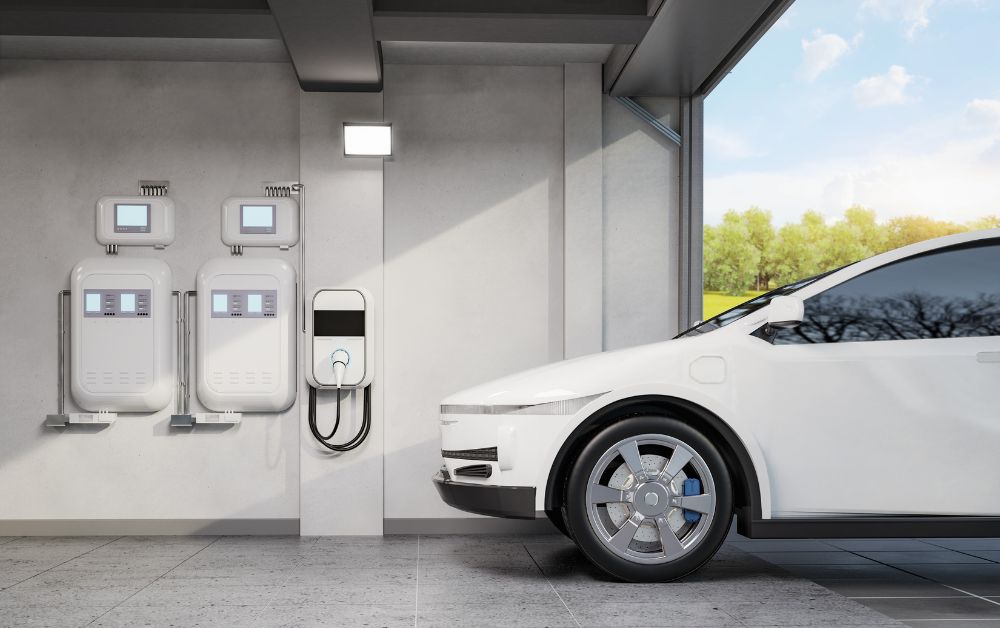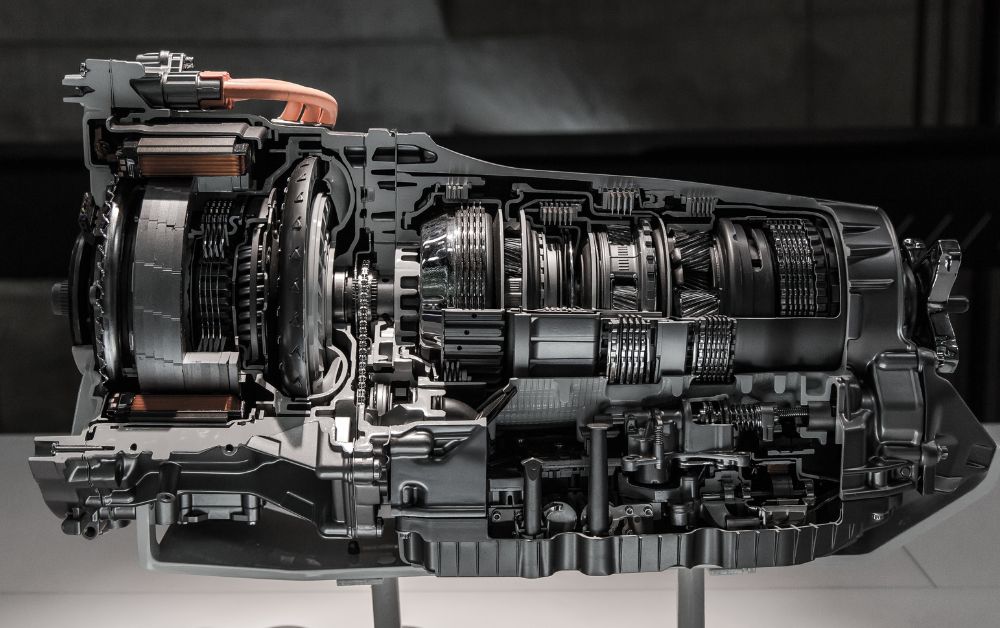Rental giant Hertz is making headlines by putting up for sale around one-third of its Tesla electric car fleet due to subdued demand for electric rentals and escalating repair costs. The Wall Street Journal, citing a regulatory filing, reveals Hertz’s reasoning behind this move, emphasizing the “weaker demand for electrics and their higher operating costs.”
Collision Challenges: The Hurdles Faced with Tesla’s Structural Battery
Hertz’s commitment to acquiring 100,000 Tesla EVs seems to have fallen short, with the company opting to sell 20,000 units, constituting approximately a third of its fleet. Collision expenses, particularly concerning the integral Tesla battery’s costly replacements, played a significant role. The unique design of Tesla’s battery, serving as a structural component, poses challenges for insurance companies, often resulting in write-offs for even minor damages.
Insights from Hertz CEO: Strategies to Navigate Tesla EV Challenges
Hertz CEO Stephen Scherr acknowledged challenges at the JP Morgan Auto Conference, mentioning measures taken to limit collisions, such as restricting the acceleration of some Tesla EVs. Additionally, Hertz faced difficulties in areas with limited electric vehicle (EV) infrastructure, impacting the rental experience for Tesla models.
Your Opportunity: Affordable Tesla EVs Hit the Market
For savvy buyers interested in the electric vehicle market, Hertz’s decision presents a unique opportunity. The Hertz sales website now features a range of available Tesla cars, primarily Model 3 sedans and a few Model Y SUVs, all from model years 2021 or later.
Bargain Hunting: Prices, Tax Credits, and Considerations
With prices starting in the low $20,000 range, these Tesla EVs could be an economical choice. Most buyers may qualify for a federal tax credit, potentially reducing the cost by up to $4,000. However, it’s essential to note that some models on the site may have high mileage, emphasizing the importance of thorough inspection before purchase.
Navigating the Used EV Market: Cautions and Considerations
While the opportunity to own a Tesla EV at a lower price is enticing, prospective buyers should exercise caution. The cars, previously used in rental fleets, may have accumulated significant mileage. Additionally, the scarcity of certified electric vehicle mechanics emphasizes the need for a detailed inspection before making a purchase.
Positive Impact on the EV Market: Hertz’s Contribution to Availability
Hertz’s decision to release 20,000 Tesla EVs into the market is a welcome development for electric vehicle enthusiasts. As of the end of 2023, EV transactions in the wholesale market accounted for only about 1% of total transactions. This influx of used Tesla EVs provides an excellent opportunity for consumers to embrace electric driving while avoiding the immediate depreciation associated with new cars.









